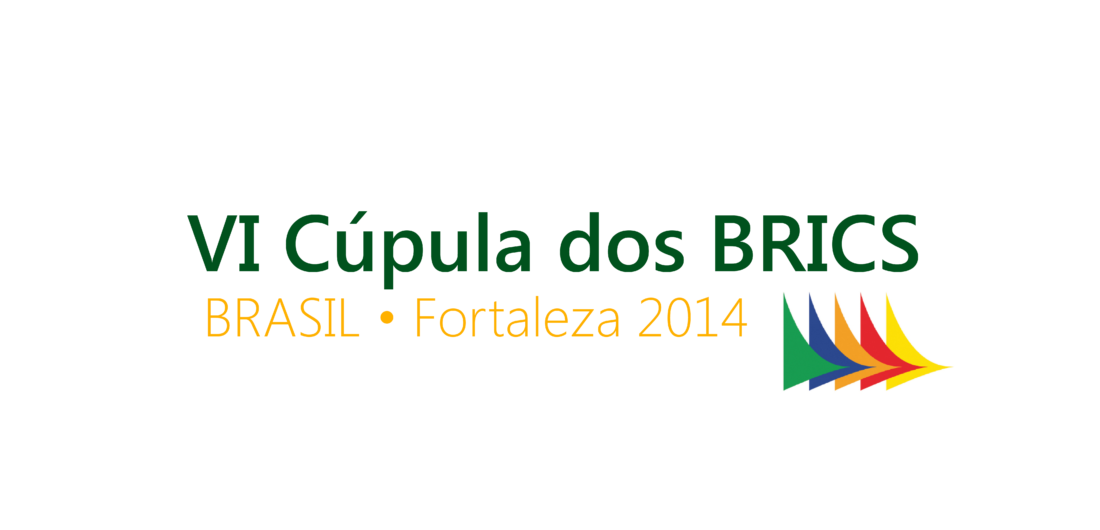
VI BRICS SUMMIT
In July 15 2014, the BRICS countries, in their Sixth BRICS Summit in the city of Fortaleza, Brazil, decided to create two economic institutions. The New Development Bank (“BRICS Bank”), with initial capital of 50-billion dollars, with its headquarters in the Chinese city of Shanghai. The BRICS also created a 100-billion dollars Contingent Reserve Arrangement to tackle financial crises.
Political concessions were made, in order for the five countries (Brazil, Russia, India, China and South Africa) to reach agreement on the creation of new institutions. Such concessions included not only the institutional design of new institutions, but as well ongoing conflicts in the Middle East and Ukraine. Faced with “persistent political instability and conflict in various global hotspots and non-conventional emerging threats”, BRICS adopted a cautious posture. In the Final Declaration of the Fortaleza Summit, humanitarian issues and multilateral solutions for conflicts were emphasized, apart from reiterating previous items from previous Summit Declarations (such as the need to reform the United Nations Security Council).
The new robust institutions place focus on redirecting the world’s economic architecture, against the backdrop of political cautiousness. The Contingent Reserve Arrangement is the outcome of BRICS’ responses to the 2008 crisis, after which they stood as leading lights of world’s economic growth. The creation of a “BRICS Bank” is a direct response to the reluctance of developed countries in reforming IMF and the World Bank after 2008. Concessions were made for BRICS in terms of voting shares in IMF and investment criteria in the World Bank. In terms of decision-making power, such concessions were clearly below the expectations of BRICS countries, now representing 25% of the world’s GDP, 42% of the world’s population and an expressive contributions for so-called “new middle classes” in world economy.
The creation of two institutions simultaneously turns into reality many demands made vocal since 2008. It signalizes that BRICS have matured politically as a group, and now have legitimacy for bolder steps (the Final Declaration mentions the beginning of a “new cycle” of BRICS activities). With enhanced political capacity, BRICS no longer needed to wait for the Bretton Woods institutions to reform. At the same time, the institutional design of the new BRICS institutions raises doubts about their future effects.
The Final Declaration of the Fortaleza Summit brings to surface relevant questions that will be emphasized in the forum organized by the BRICS Policy Center with its fellows from BRICS countries. Among them, we highlight three questions:
– What is the importance of the BRICS Bank mean to each BRICS country (Russia, India, China, and South Africa)?;
– What does the BRICS Bank mean for international politics?;
– How does the BRICS Bank affect the future of the BRICS group? (The forum will be available soon to the general public)
CLICK HERE to access the Forum PDF Document.

